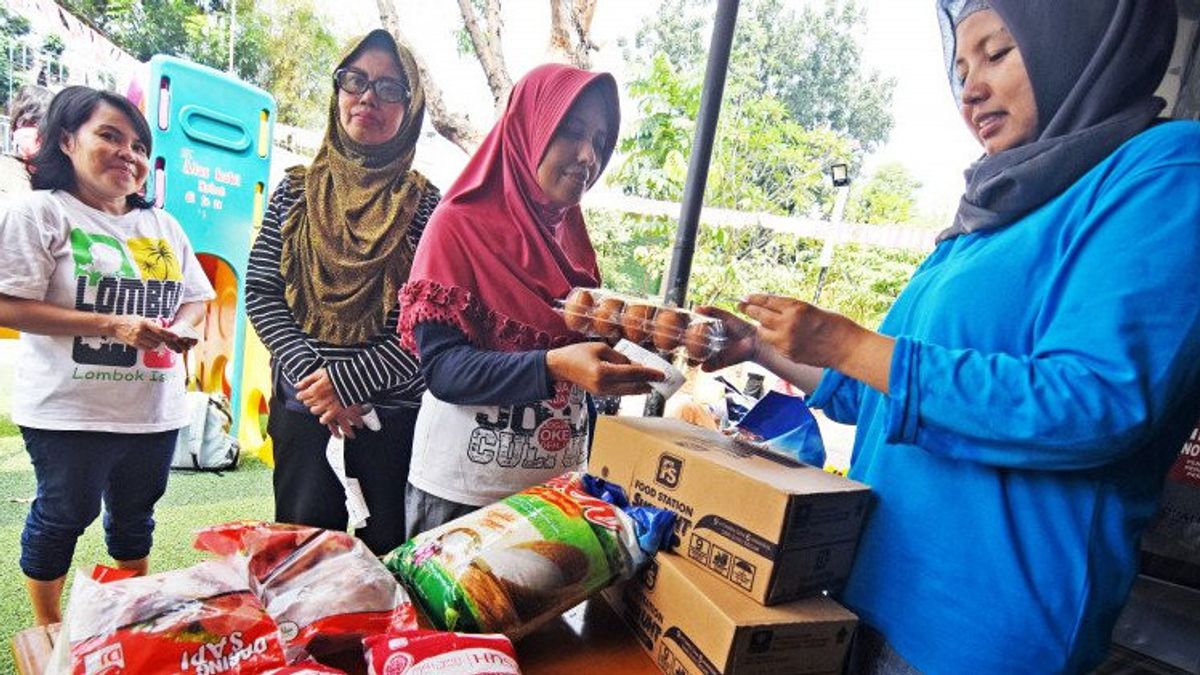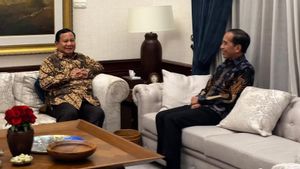JAKARTA - Senior Economist at the Institute for Development of Economics and Finance (Indef) Aviliani estimates that workers in the informal sector will increase in the future.
"It doesn't mean that the economy is getting worse, but in the current era, millennials tend not to want to work in an office and choose to open their own business with their friends," said Aviliani in a Webinar Outlook on the Global and Indonesian Economy in Jakarta, quoted from Antara, Friday, August 20.
Therefore, Aviliani hopes that the government can adjust policies in the informal sector, considering that taxes are usually only collected from formal workers.
In fact, the income of millennials who work in the informal sector tends to be quite large and higher than in the formal sector.
Thus, this causes the potential for state revenue from the upper middle class people who work in the informal sector to not be caught.
In addition, he said adjustments to government policies for the informal sector must also be made so that the lower class people affected by the pandemic who lost their jobs in the sector can get social assistance.
"The informal sector in Indonesia is currently the highest in number, meaning that people in the sector are not captured in terms of social assistance because they do not have BPJS Employment," said Aviliani.
Therefore, data regarding recipients of social assistance must continue to be improved in the future, because the crisis will always have an impact on social needs that cannot be postponed, he said.
The English, Chinese, Japanese, Arabic, and French versions are automatically generated by the AI. So there may still be inaccuracies in translating, please always see Indonesian as our main language. (system supported by DigitalSiber.id)












